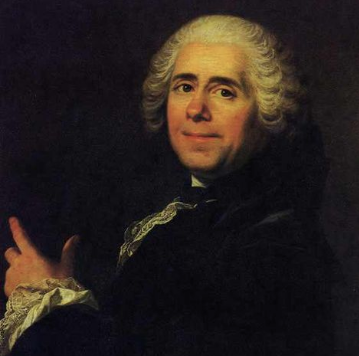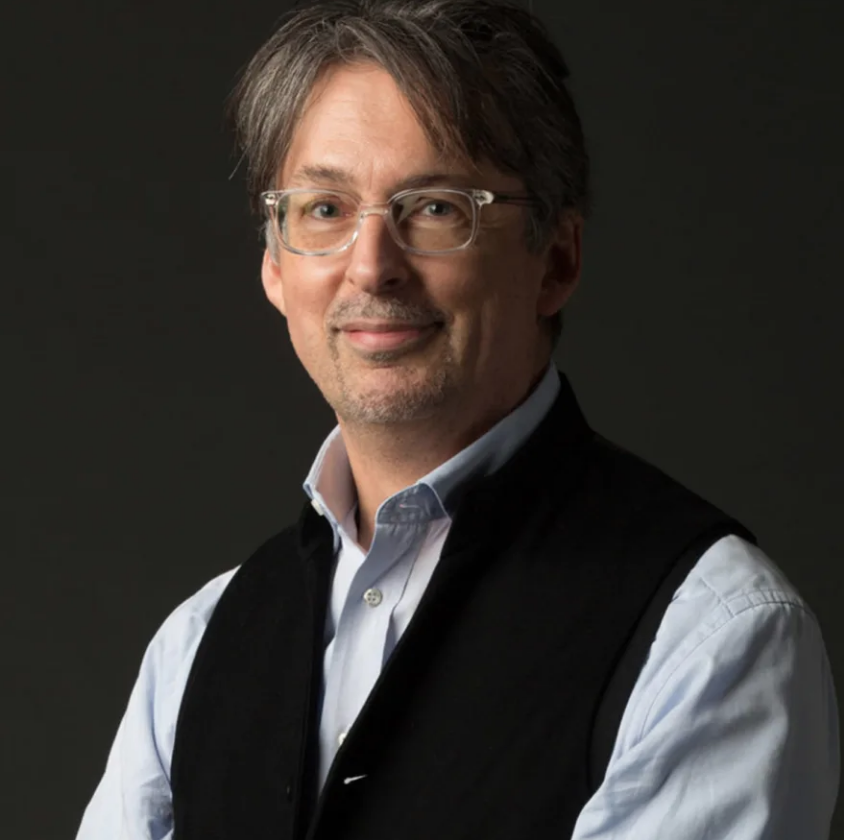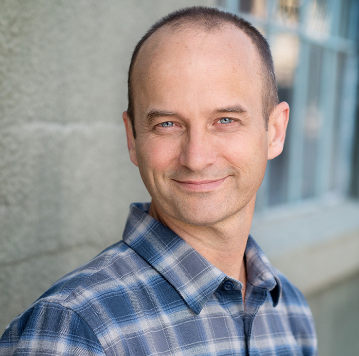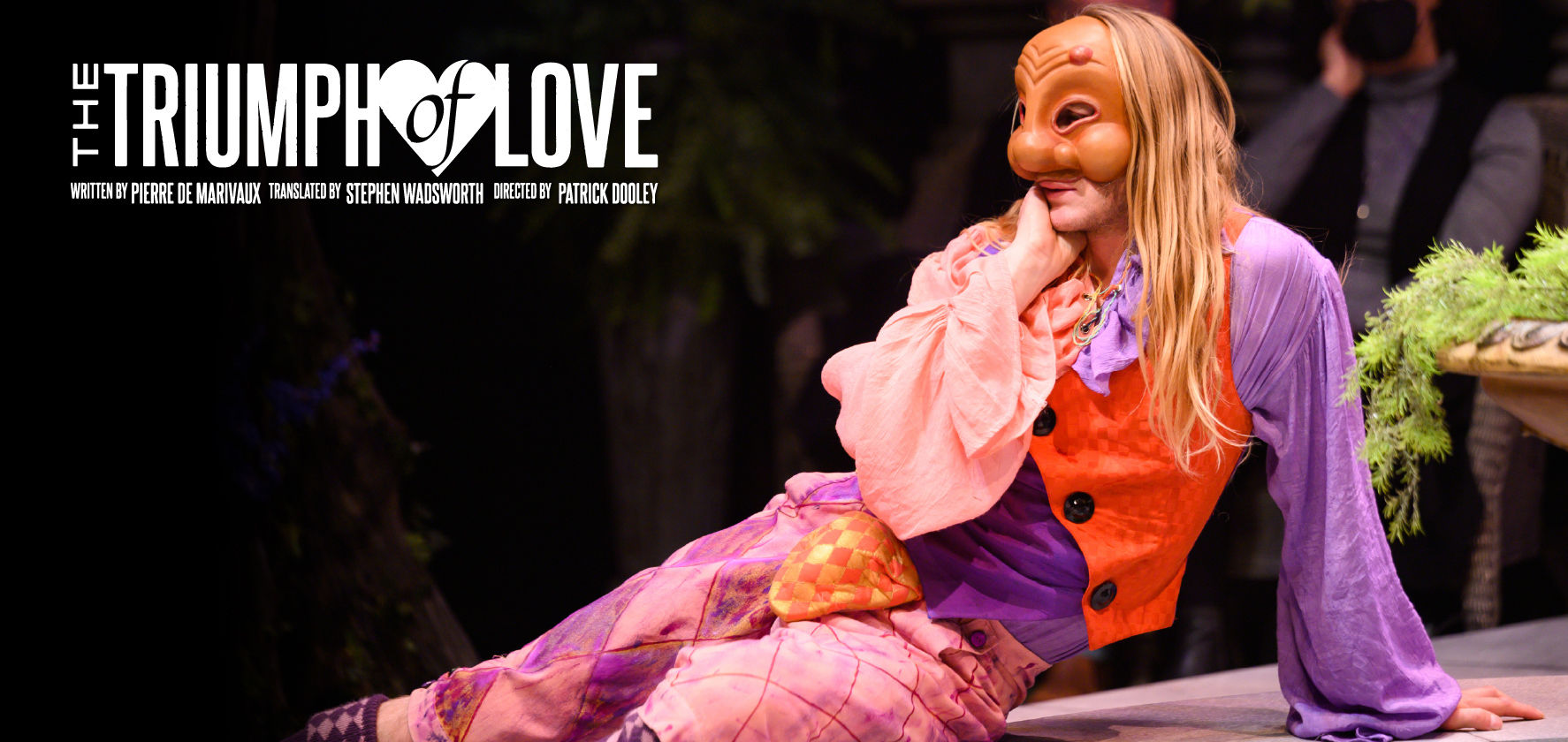The Cast
David Boyll - Hermocrate
Edward Im - Agis
Jamin Jollo - Harlequin
Susannah Martin - Corine
Veronica Renner - Léonide
Mary Ann Rodgers - Léontine
Wayne Wong - Dimas
The Creative Team
Madeline Berger - Costume Design Assistant
Brooke Cox - Assistant Stage Manager
Patrick Dooley - Director
Vanessa Hill - Stage Manager
Michael Kelly - Sound Designer
Spense Matubang - Lighting Designer
Ashley Renee - Costume Designer
Malcolm Rodgers - Set Designer
Micaela Sinclair - Props Designer
The Sponsors
Season Sponsors:
Craig & Kathy Moody
Les & Sue Polgar
Bibi Tiphane
Production Sponsors:
Kitty Bosher
Joe Kane
Don Kaufman
Chard Nelson & Jan Berman
Mindful Money
About the Play
“The Triumph of Love was played for the first time by the Comėdie Italienne in Paris on March 12, 1732. The Comédie Italienne, a troupe of Italian commedia dell’ arte actors, had initially played to the Parisians in Italian but eventually learned to play in the host tongue. Marivaux (1688-1763) wrote a number of plays for them, and the characters in many of those plays are named for the actors’ regular commedia characters. It is Harlequin who bears the commedia standard in The Triumph of Love.
Marivaux honored different theatrical traditions in his distinctive, curiously moving blend of comedy and drama. The characters in The Triumph of Love are the recognizable grandchildren of Racine’s noble, eloquent, long-suffering characters, but they are also clearly descended from the mischievous, volatile, lusty commedia family. And they share the stage with Harlequin himself - the original presumptuous, enigmatic, highly histrionic, irresistible witty-idiot commedia clown. The juxtaposition onstage of this unabashed buffoon and men and women in complex, serious situations should provoke wonderment and delight. This is the essence of Marivaux.
Marivaux’s plays are about what happens to people who are falling in love, which has earned the playwright a reputation for frivolity. But when you hear the heartbeats of his characters, you realize that they are going through hell. Love, Marivaux seems to say, gets you in touch with everything - not just the good things, but also the nervousness, the dread, the anxiety, the jealousy: love is the key to the world of emotion, to self-knowledge and to freedom. Love is costly, dangerous even. This is another essence of Marivaux.
So Marivaux’s plays are really about the agony of change - the aspirations, the self-question, the doubt, the yearning, the fear, the excitement, the not knowing. Marivaux, who dined and argued with leading thinkers of the Enlightenment (including Diderot, Voltaire and Rousseau), caught the spirit of that time, profound internal change, in the trap of love. In Marivaux’s characters - struggling to understand what is happening to them and to accept the sobering notion of change at great cost to themselves - we can see the image of Enlightenment Europe.”
- Stephen Wadsworth, translator



About Marivaux
Pierre Marivaux, in full Pierre Carlet de Chamblain de Marivaux, was born on February 4, 1688 in Paris, France. A French dramatist, novelist, and journalist, his comedies became, after those of Molière, the most frequently performed in French theatre. He died February 12, 1763 in Paris.
About Stephen Wadsworth
Stephen Wadsworth, internationally acclaimed in the opera world, is known particularly for his translations and stagings of works from the seventeenth and eighteenth centuries, notably those of Monteverdi, Handel, and Mozart, and for his close association - as dramaturg, writer, and director - with a number of contemporary composers. With Leonard Bernstein, he wrote the opera A Quiet Place (1983), which he has directed at La Scala, the Kennedy Center, and the Vienna State Opera, and which was recorded by Deutsche Grammophon. During the 1980s he also developed an internationally acclaimed cycle of Monteverdi's three operas for the ensemble of the Skylight Opera Theatre in Milwaukee, of which he was artistic director from 1984-1991 and where he wrote and produced numerous new works during his tenure. In 1988 his staging of Gluck's Orpheus (1976) for Seattle Opera, a collaboration with choreographer Mark Morris, was hailed as a landmark in the production of eighteenth-century opera. The McCarter Theatre's 1992 production of The Triumph of Love was his debut in the non-musical theater.
About Patrick Dooley
Patrick Dooley started Shotgun Players in 1992 in the basement of a pizza parlor with a few friends and a desire to make great theatre that was also affordable. Before that he, received a B.A. in English from James Madison University, in Virginia. While there, he cut his theatre teeth as a founding member of the American Shakespeare Center. Since then, Patrick has directed over 40 plays and overseen the production of nearly 100 others. In 2007, he led an effort to make the Ashby Stage the first 100% solar-powered theater in America. He is married and has three beautiful daughters.






